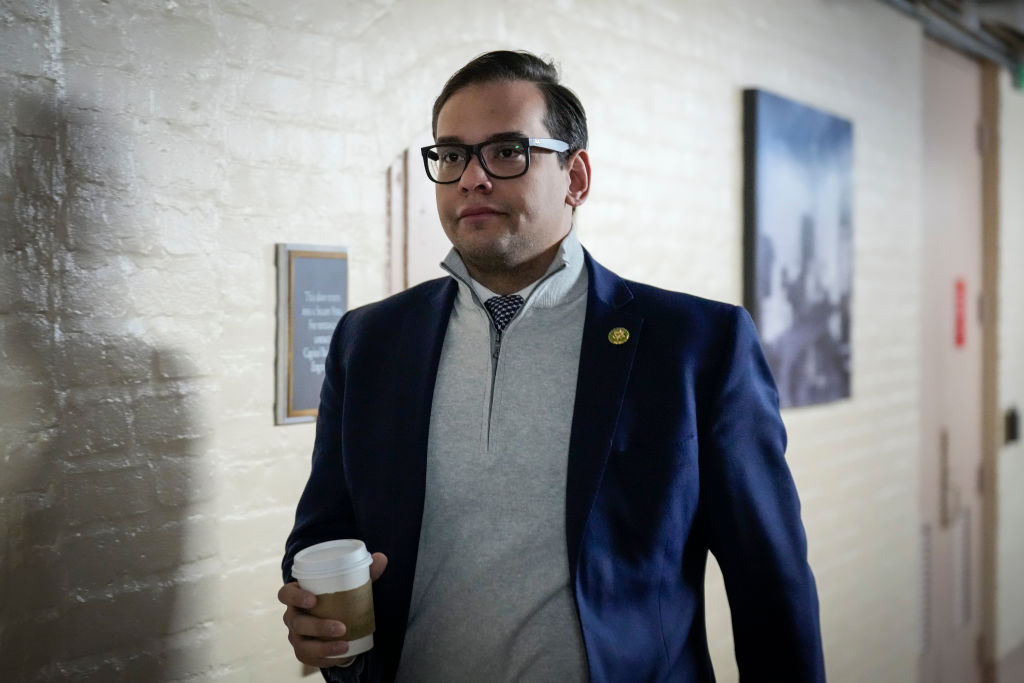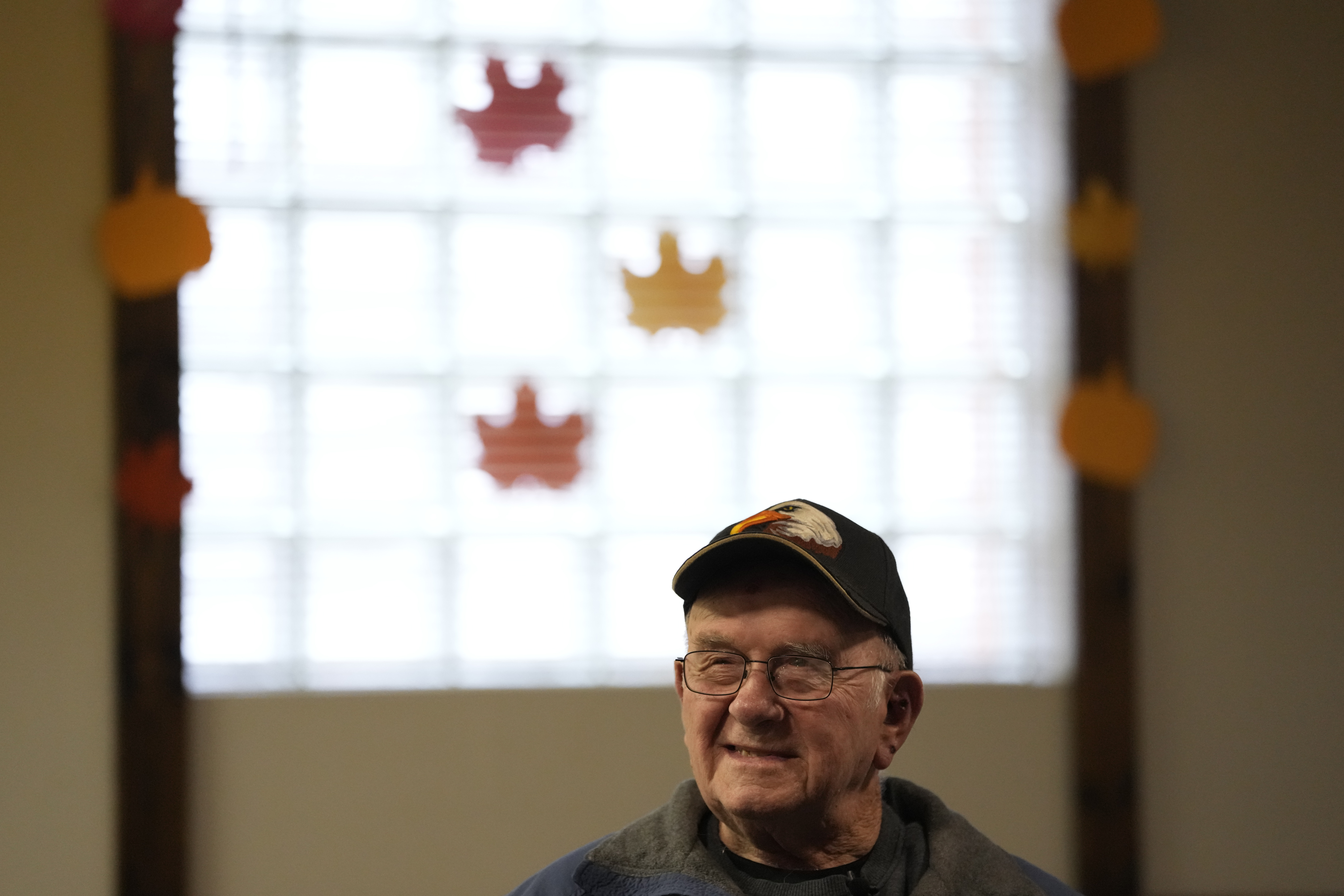President Obama is getting help with his Afghanistan policy from couple of heavy hitters who once sought the office he holds, but he gets no quarter from a White House veteran who won't be silenced: Dick Cheney.
John Kerry -- from his position as Senate Foreign Relations Committee chairman -- and Secretary of State Hillary Clinton are trying to put back together the Humpty Dumpty of U.S.-Afghanistan strategy. In the tradition of carrot-and-stick U.S. diplomacy, Kerry was pushed Afghan President Hamid Karzai into accepting a November 7 election run-off with challenger Abdullah Abdullah, while Clinton is the administration's main proponent of Gen. Stanley McChrystal's request for more troops.
The Clinton-Kerry tag team may be aimed at presenting the image of power, but former Vice President Cheney sees somethig else. In his harshest broadside yet, Cheney accused Obama of "dithering" on Afghanistan and being "afraid" to commit to the troop surge recommended by McChrystal.
There's no surprise in the opposition party criticizing the incumbent president, but this time, the blistering language was especially jarring. George W. Bush has kept the promise he made shortly after Obama entered the White House -- that his successor "deserves my silence," but Cheney? Not so much.
Widely seen as the most powerful vice president in U.S. history, Cheney has been a tough critic of Obama's national security policies. However, the latest round of criticism on Afghanistan may come back to haunt him. The administration he served did some dithering of its own, switching focus early on from Afghanistan to Iraq and then dragging its feet in the face of an intense insurgency.
In fact, the political nature of what to do, finally in Iraq, was exposed in November 2006. The day after an election in which the Republicans lost their twelve-year congressional majority was when Bush finally canned Defense Secretary Donald Rumsfeld, who had defied his generals' calls for more troops. Rumsfeld's refusal to mount a surge in Iraq not only took a huge toll on the ground, it helped drag down GOP popularity at home. Newt Gingrich declared that, had Bush dismissed Rumsfeld two weeks before the election, Republicans might have held onto at least one chambers.
Even after Rumsfeld was replaced by Robert Gates and Gen. David Petraeus was freed to implement the surge, it was still a good six more months before the components were put in place to start restoring order in Iraq. As tough as Democrats' rhetoric was on the Bush administration in 2005 and 2006, imagine the uproar if one of them had called the commander-in-chief not "hesitant" or "overly cautious," but "afraid." Imagine what Cheney's own reaction to such rhetoric would have been.
U.S. & World
Criticism of Obama on his Afghanistan policy is fair game -- from either the right (more troops are needed) or left (time to cut losses and get out). For that matter, there may be a third option. Regardless, currently in-office Republicans might pause before echoing Cheney's language that the president is "afraid." Second-guessing decisions on war and peace is both incredibly easy and reckless.
As a member of the opposition, Dick Cheney can hardly be expected to join Kerry or Clinton in offering constructive advice to Obama. But does he truly believe that he is helping the troops by using the language of cowardice against their commander-in-chief?
New York writer Robert A. George blogs at Ragged Thots. Follow him on Twitter.



